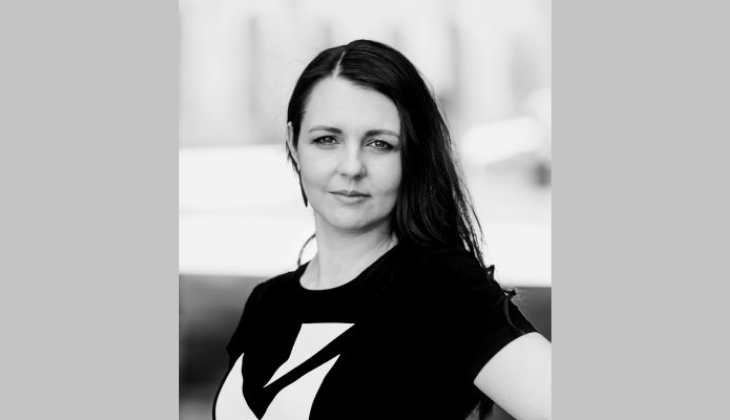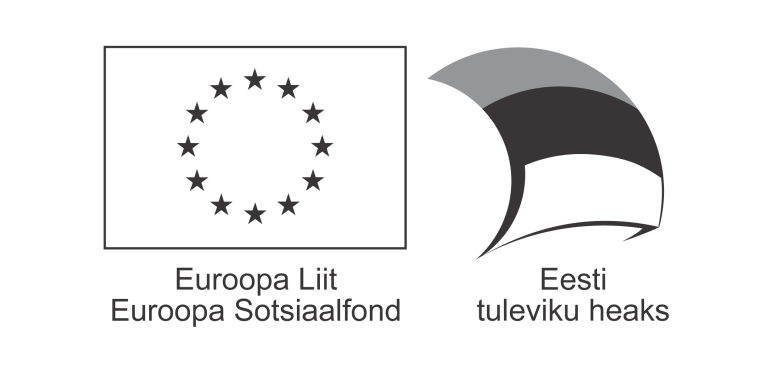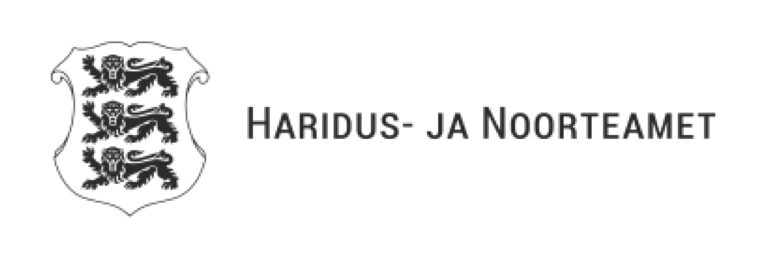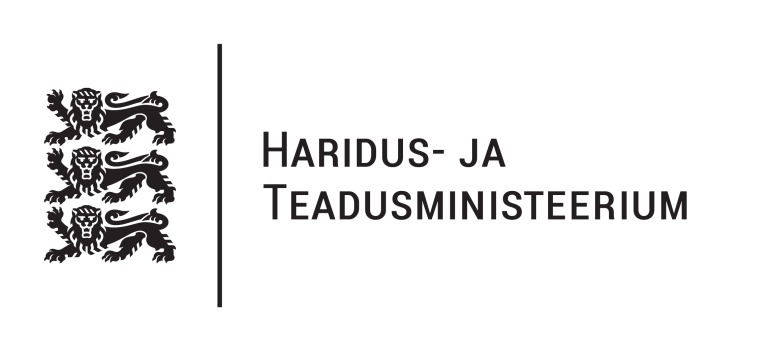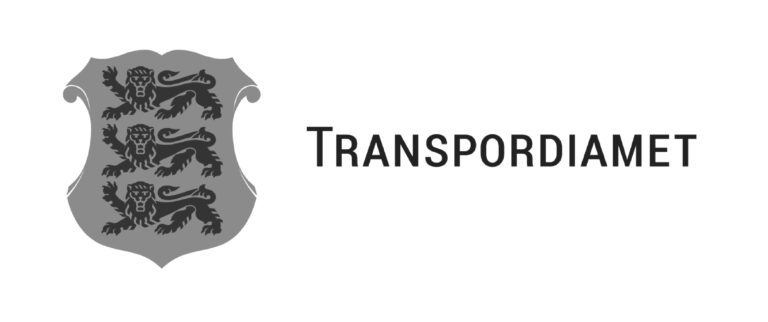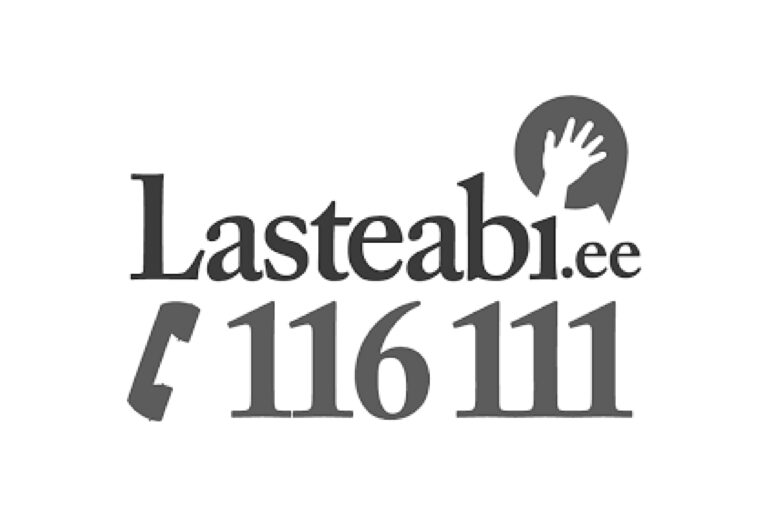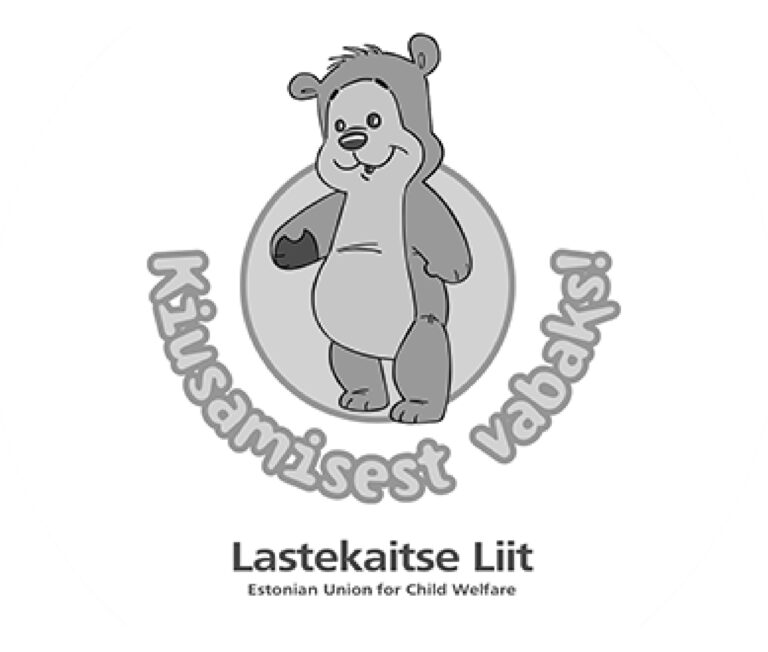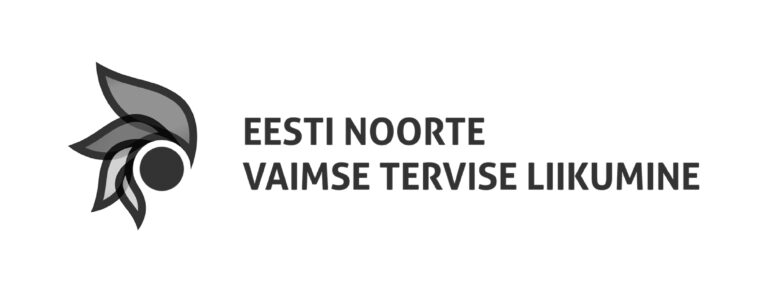The youth information portal Teeviit interviewed Kadri Mäsak about entrepreneurship and financial literacy.
I am one of the co-founders of MyFinancier (www.myf.ee), an online platform for personal finance management, and today also the CEO of the company. We help people get a handle on their finances quickly, easily, and automatically, provide counsel, and share financial wisdom. Forget manually entering each purchase in an app or spreadsheet – with the user’s permission, we will automatically download the user’s income/expenditure data into our app and even divide most of it ourselves into income/expenditure groups to show the user a complete income/expenditure analysis. In addition, we help people to analyse the development of their economic wealth, or net worth.
I enjoy teaching people about finances and investing. Today, I can say that it is the management of personal finances and investing that has taken me to a point in my life where I can choose my projects and jobs without having to mainly think about what pays the most.
How and why did you start investing?
I made my first investments around 12 years ago. I would say these were just wise and sensible decisions. Five years ago, however, my husband and I started investing with a very determined, consistent, and strategic approach, where the goal was achieving financial freedom, and today I can say that we have indeed achieved it. I am a good example of how it is possible to achieve financial freedom even if you are starting from scratch, if you simply work hard and are consistent.
What exactly are you investing in? How did you arrive at this?
Over a period of 12 years, I have invested in nearly all types of assets, except physical gold and silver. I prefer rental properties and stocks, although a small proportion of my portfolio also includes other types of assets for ‘playing around with’. In general, it has been the small investment experiments that have helped me to understand what the most suitable asset class is for me at this point in time and what my real risk tolerance is. You can’t learn this from a book, because you must know yourself, and the best way to get to know yourself is through trying things out. This experimenting is best done with small sums and little by little. Only once you have a strategy in place and know what suits you best should you start raising the stakes.
What have been the biggest difficulties and accomplishments for you?
Figuring out how I behave in certain situations, which asset classes suit me, and which ones absolutely do not, what kind of nuances are fit for someone with my risk tolerance, what fascinates me, what inspires me. It’s okay for some things not to be up your alley, you must find your path.
What should young people who want to achieve financial freedom bear in mind?
I really like Marcus Hernhag’s saying ‘Live within your means and enjoy the journey.’ The earlier you start investing, the better. Having your money earn more money pays and enables you to achieve freedom.
With saving money, you will always hit a limit somewhere, but with earning money, there is no ‘ceiling’ unless you delude yourself into thinking there is. When you first start investing, it is best to go slow and steady, watching out for risks and diversifying your investments.
What advice would you give to a teenager about finances?
Make a distinction between needs and wants. We need food, drink, clothing, and a warm shelter to survive, the rest is mostly just wants. Always prioritise your needs. Only after that should you start thinking about your wants – and ask yourself whether it’s even worth making those purchases.
Educate yourself about finances, i.e. learn how to think about money, how to manage it, and apply that knowledge in your life. Knowledge alone is not enough though!
Read, be curious and be enterprising. For example, take part in LHV’s Stock Shark game, where you can use play money to see how you would do as an investor. Start a student company, find ways to earn extra income.
Use the SMART method and write down your goals, then just start working towards them and you will see that everything is achievable.
What books and/or podcasts would you recommend young people to read and/or listen to?
I definitely recommend reading the following four books:
- ‘Kuidas saada rahatargaks’ (suitable for 2nd and 3rd-grade students) – motivates readers to get their finances in order and to take their first steps in the world of business;
- ‘Rikkaks saamise õpik’ (from upper secondary school onwards, but a super-good read for adult beginners as well) – talks about wealth and saving, how to invest and generate passive income to achieve financial freedom;
- ‘Kuidas alustada investeerimisega’ (from upper secondary school onwards, but also good for adult beginners) – a practical step-by-step guide to taking control of your finances, gives readers an overview of investment options and discusses risk, diversification, and taxes in a clear and understandable way;
- ‘Rahaedu põhimõtted’ (from upper secondary school onwards, but also a great read for adult beginners) – a comprehensive textbook on personal finance, includes discussion questions and exercises on everything from planning to wills.
It’s also worth checking out the publication ‘Finantsaabits’ on Minuraha.ee – a good book on finances that is available free of charge to everyone online.
In addition, by the end of February 2022, the project Eluks Valmis will see the publishing of an online textbook for schoolchildren, which includes a chapter on finances, where we share valuable knowledge and links to good resources.
I also write a weekly column on managing finances for Õhtuleht, and you can check out my finance blog at https://myf.ee/blogi/.
This article was produced in collaboration with JCI Tartu https://www.jci.ee/jci-tartu/.
JCI Tartu is an educational platform teaching best practices and theoretical knowledge in the field of entrepreneurship, with a focus on developing future skills.
The article was edited by Mariliis Lulla, a member of the Partnership and Content Creation Team.
Published in the youth information portal Teeviit in 2022.
